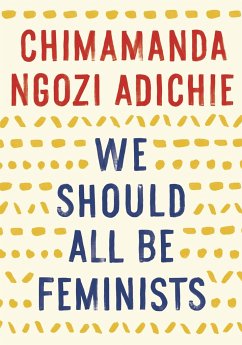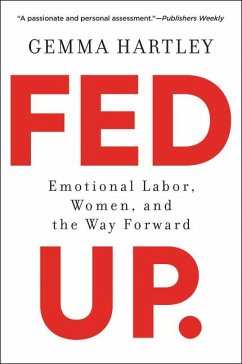
The Barbie Doll as an Aspiration of the Fifties Housewife? Mothers and Daughters in the Shaping of Female Identity

PAYBACK Punkte
0 °P sammeln!
Bachelor Thesis from the year 2005 in the subject Gender Studies, grade: A, The University of Chicago, language: English, abstract: Was Barbie, as feminists said, poisonous for young girls' self-image, did she represent the fact that a woman had choices as Handler remarked, or was she - as conservatives insisted - simply good childhood fun? Barbie may not have prompted a national crisis in female self-esteem, but she was not an innocent toy that carried no meaning either. One thing is certain, the Barbie Doll was definitely a new concept, a new doll, and a new definition of femininity that con...
Bachelor Thesis from the year 2005 in the subject Gender Studies, grade: A, The University of Chicago, language: English, abstract: Was Barbie, as feminists said, poisonous for young girls' self-image, did she represent the fact that a woman had choices as Handler remarked, or was she - as conservatives insisted - simply good childhood fun? Barbie may not have prompted a national crisis in female self-esteem, but she was not an innocent toy that carried no meaning either. One thing is certain, the Barbie Doll was definitely a new concept, a new doll, and a new definition of femininity that continues to permeate our culture 50+ years after she was born. The very same year that the Barbie Doll made her debut at the American Toy Convention in New York in the 50s, her creator and the co-founder of Mattel, Ruth Handler, told reporters: "If I had to stay at home, I would be the most dreadful, mixed-up, unhappy woman in the world." Ruth Handler was expressing what many white American women in the fifties felt but did not say: that they were unhappy with the cult of domesticity into which they had been cast, and yet we're unable to publicly oppose it. When approached by feminists at the time who complained about the impact the new Barbie Doll would have on the self-image of girls across America, Ruth Handler defended her creation: "Barbie always represented the fact that a woman had choices." But did she? Many affirm that Barbie actually took choices away rather than allot them by encouraging feminine value to be placed on beauty rather than intellect in social and economic success. Women were already being encouraged by their culture in the fifties to look their best for men, and Barbie only seemed to confirm the importance of achieving these physical standards. In fact, critics worried that this doll would simply reinforce pre-existing norms about femininity by linking the success of a woman to her physical appearance rather than to the development of her other qualities.













